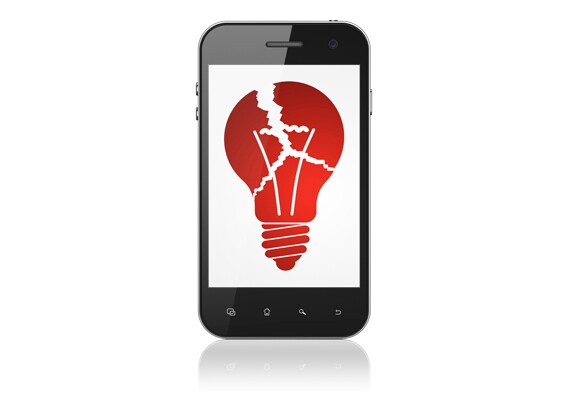

Apple Pay: Don't Treat Phones Like Plastic

LevelUp/Square: Don't Get Too Creative with Pricing

Google Wallet: Don't Make Banks Jump Through Hoops

Bling Nation: Don't Give Merchants an Ultimatum

Softcard: Don't Botch the Branding

MCX/CurrentC: Don't Tie Down Your Partners

LifeLock: Don't Buy a Lemon






